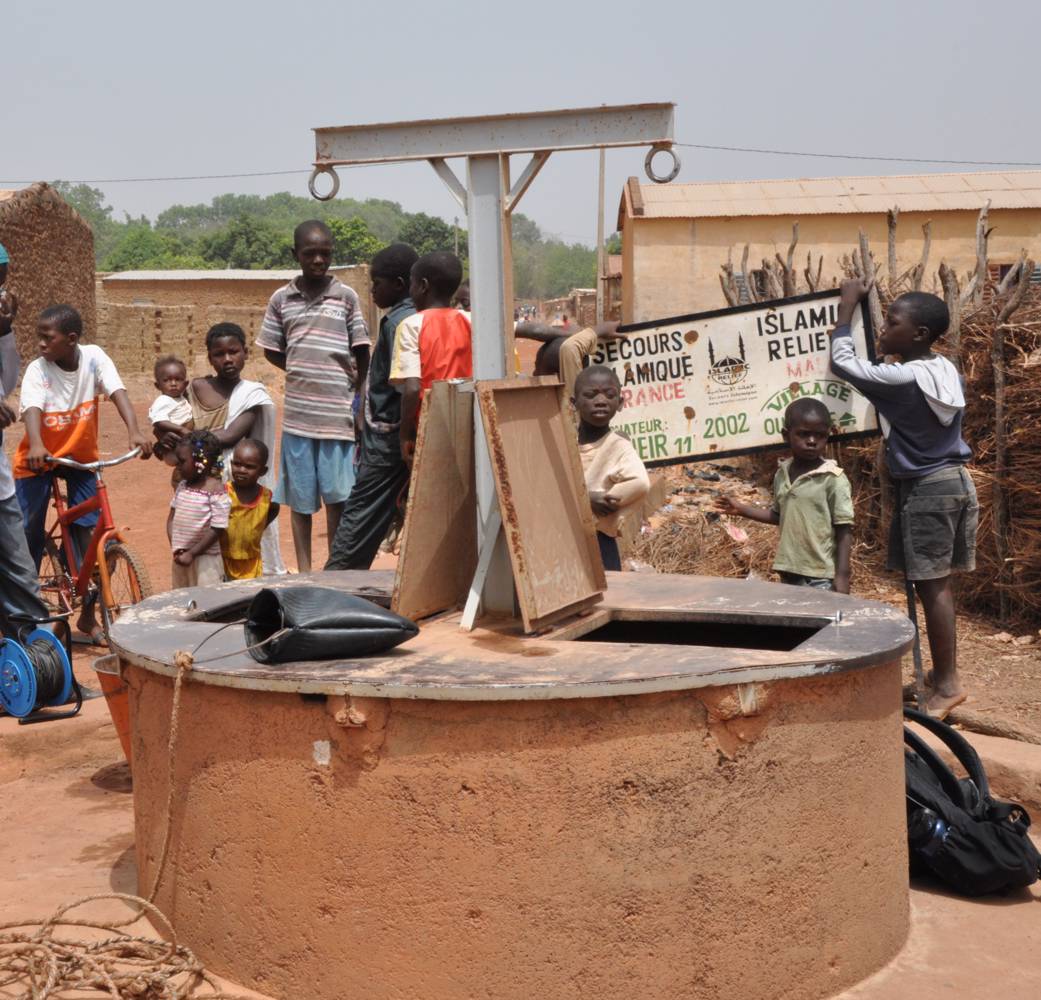
This webinar on 8 and 9 June will explore how Islamic social financing instruments can be used to support humanitarian interventions and fill the gap in conventional financing.
Webinar 8-9 June 09:00AM - 11:00AM (CEST)
Organised by the Chr. Michelsen Institute(CMI) and the Peace Research Institute Oslo (PRIO), this webinar will explore how Islamic social financing instruments can be used to support humanitarian interventions and fill the gap in conventional financing.
While humanitarian needs are increasing, traditional humanitarian financing is diminishing. Muslim populations across Asia, the Middle East and Africa are disproportionately affected by disasters and conflict, and Muslim humanitarian actors are responding to these needs through private charity and institutionalised humanitarian aid. There is increased recognition of the untapped potential in Muslim philanthropy and Islamic funding among humanitarian actors.
Based on the Istanbul Declaration, the United Nations (UN) is calling for innovative ways and new partnerships to utilise Islamic financial resources. Together with UN agencies, Muslim humanitarians are developing policies and seeking new partnerships, to leverage the potential in Islamic finance and Muslim philanthropy.
Islamic social financing differs from Western financing for humanitarian and development assistance in terms of principles and impacts. It is a duty for Muslims to redistribute their wealth, but likewise, a right for those entitled to receive assistance. Regarding zakat, there are strict eligibility criteria in terms of beneficiaries but also other instruments, such as waqf and sadaqa, can be part of a valid mechanism of financing relief during crisis.
In this two-day web event, we will take stock of this development, asking: how do Muslim philanthropy and Islamic social finance contribute to filling the gap in humanitarian financing? How do these changes affect humanitarian practice? What are the opportunities and constraints faced by the actors involved?
The webinar will bring together leading academics, policymakers, and humanitarian organisations to discuss current practices and emerging trends in Muslim philanthropy and Islamic social finance.
This webinar is free and open to all and will be held on Zoom. This webinar is organised by Arne Strand (CMI), Altea Pericoli (Catholic University of Milan) and Kaja Borchgrevink (PRIO), and funded by the Norwegian Centre for Humanitarian Studies.
Program
Day 1: Wednesday, 8 June 9:00AM - 11:00AM
UNDERSTANDING ISLAMIC SOCIAL FINANCING
Post-Istanbul perspectives: sustainable financing for humanitarian response – The role of Islamic Social Finance
Mehmet Asutay (Durham University)
Amelia Fauzia (UIN Jakarta)
Sarah Tobin (CMI, discussant)
To take part in the discussion on DAY ONE, please us this link.
Day 2: Thursday, 9 June 9:00AM - 11:00AM
PRACTICE AND EXPERIENCES
Islamic and non-Islamic actors in using ISF instruments for humanitarian purposes
Houssam Chahin (UNHCR)
Irfan Syauqi Beik (BAZNAS)
Atallah FitzGibbon (Islamic Relief Worldwide)
To take part in the discussion on DAY TWO, please use this link.
If you have any questions, please contact Altea Pericoli at altea.pericoli@cmi.no.





